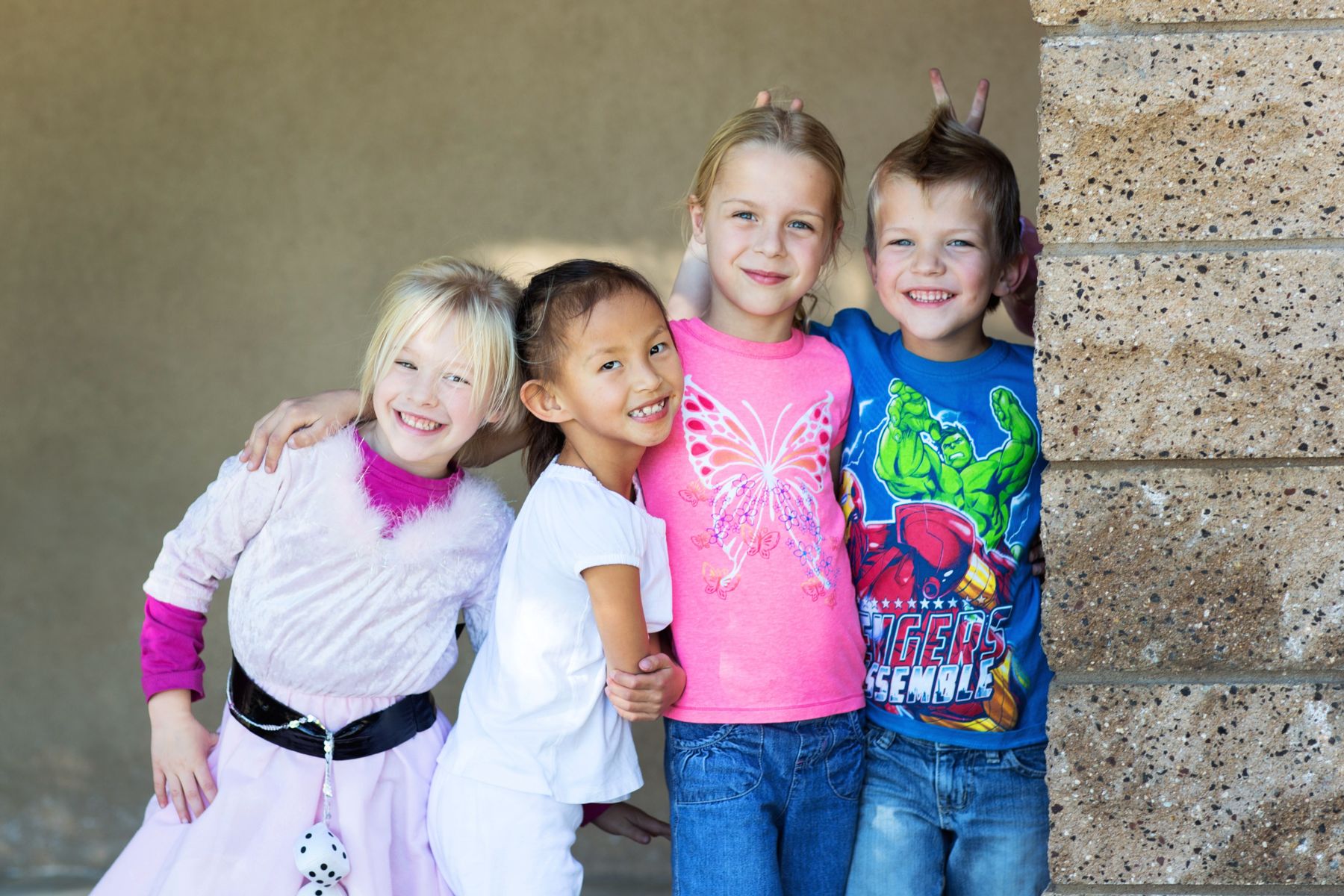Children often interpret war and violence in the news very differently from adults. When young children see or hear about violent events, they may first worry about their own safety. Because they are not able to fully understand things like cause and effect, or even distance, it's hard for them to make distinctions between an immediate threat and one that is far away. Even middle-schoolers will not be able to fully comprehend an event the ways adults do. The following pointers may help you understand the way they view events in the news and provide ideas on how you can help.

Strategies for Talking and Listening:
1. Start by finding out what your child knows. When a news topic comes up, ask an open-ended question to find out what he/she knows.
2. Ask a follow up question. Depending on your child's comments, ask another question to get him thinking.
3. Explain simply. Give children the information they need to know in a way that makes sense to them.
4. Listen and acknowledge. If a child talks about a news event (like a local robbery or kidnapping) and is worried, recognize her feeling and comfort her.
5. Offer reassurance. When a child is exposed to disturbing news, she may worry about her safety. To help her calm down, offer specific examples that relate to her environment.
6. Tailor your answer to your child's age. The amount of information children need changes age by age.
Communication Strategies:
1. Pay attention to your feelings. Children will look to you for a reaction, so it's important to discuss how an event makes both of you feel.
2. Clear up confusion. At times, children get misinformation from friends or don't understand all the words in a news story. If this happens, it's important to address the confusion in a non-judgmental way .
3. Discuss your child's interpretation. Children often view the world in simplistic terms — everything is good or bad, black or white — but leave little room for gray.
4. Talk again. Be prepared for children to ask the same question many times. This means they are continuing to think about the issue and may need more information.
5. Extend the learning. Talking about the news provides spontaneous opportunities for learning.
View Violence Through Your Child's Eyes:
1. A young child's words may not mean the same as your own. The meanings children have for words are always changing with development and experience.
2. Children may get confused by specific references in the news. Be prepared for specific questions.
3. Children will develop their own interpretations of the news. Rather than telling a child she is wrong, or correcting her with your own right answer, try asking specific questions. This encourages your child to elaborate on her ideas, make connections and become a critical, independent thinker.
Soothing Strategies:
1. Be prepared for children to show signs of stress. Children may express fears through actions rather than words.
2. Know that children may be stressed even if they are not showing it.
3. Provide extra nurturing, warmth and security at home.
4. Maintain routines, offer lots of hugs, and talk and play together.
Learn more about these topics in further detail in the PBS Parents blog at PBS.org



